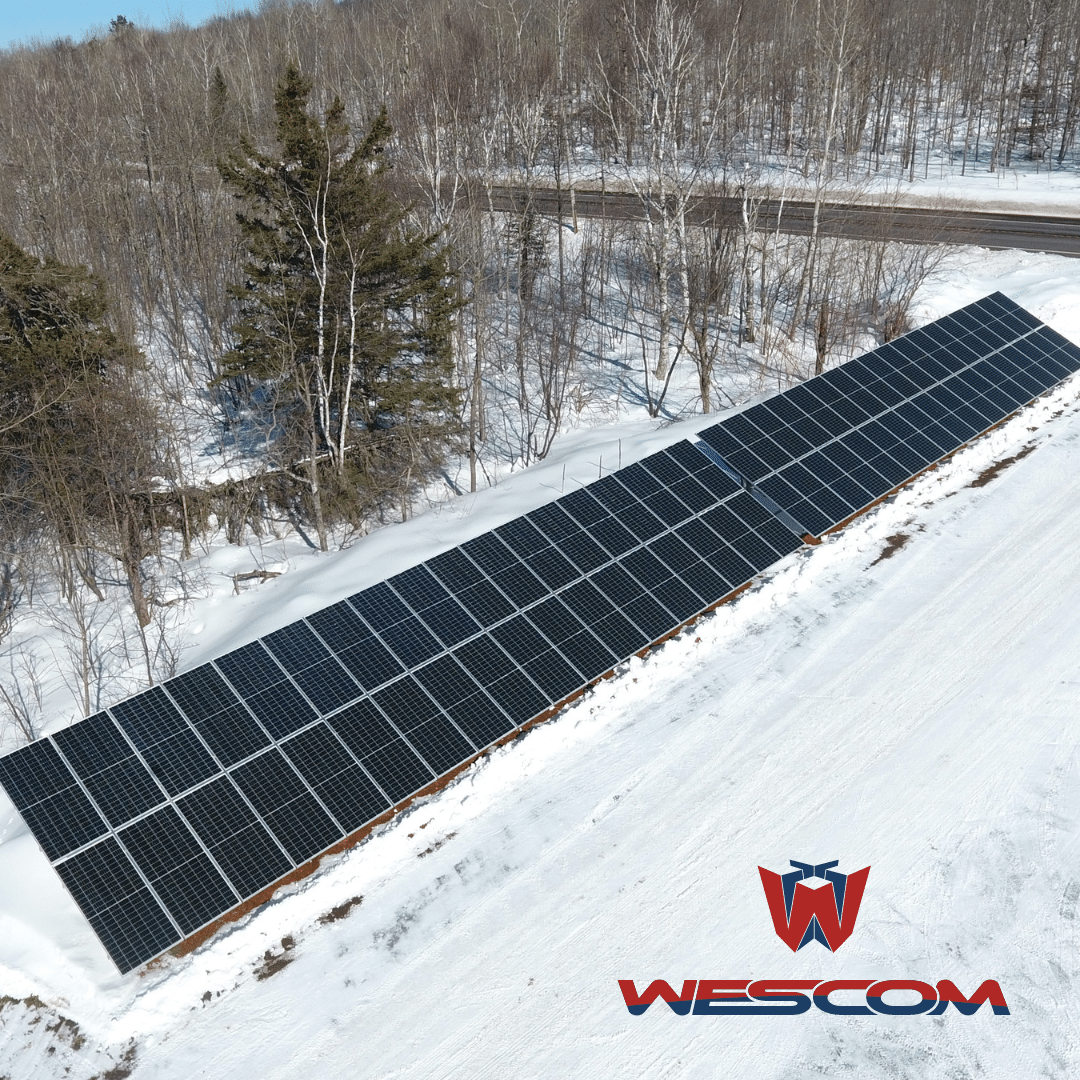As winter blankets the world in a layer of snow, it’s natural to wonder how the chilly season affects our solar panels. Are they hibernating or working harder than ever? Let’s delve into the realm of winter’s impacts on solar panels.
- The Snow Blanket Dilemma
One of the most picturesque aspects of winter—snow—can pose a challenge for solar panels. When a layer of snow accumulates on panels, it blocks sunlight and diminishes their energy production. However, don’t let that scare you. Solar panels are designed with efficiency in mind, and many modern panels are equipped with a self-cleaning feature. As the sun peeks through the clouds or the temperature rises, the snow can naturally slide off, revealing the panels beneath.
- The Cold’s Paradoxical Boost
Contrary to what one might assume, solar panels often perform better in cold temperatures. Solar cells convert sunlight into electricity, and these cells are more efficient at colder temperatures. The scientific reason behind this lies in the semiconductor materials used in solar cells. As the temperature drops, electrons move more freely, resulting in increased conductivity and improved efficiency.
- Shorter Days, Longer Nights
Winter comes with shorter days and longer nights, reducing the overall daily sunlight exposure. This has a direct impact on the energy output of solar panels. However, the decrease in daylight hours is usually compensated by the improved efficiency in colder temperatures. It’s a delicate balance that, on the whole, keeps solar panels operational and contributing to energy generation.
- The Importance of Tilt and Angle
Installing solar panels at the right tilt and angle is crucial for maximizing their efficiency, especially during winter. In regions where snow is a common winter occurrence (like ours!), panels are often installed at a steeper angle. This allows snow to slide off more easily and ensures that sunlight can reach the panels even when they are partially covered.
- Battery Storage to the Rescue
To combat the challenges posed by shorter days and potential interruptions due to snow, many solar installations incorporate battery storage systems. These batteries store excess energy generated during sunny periods, providing a reliable power source during overcast days or when snow temporarily covers the panels.

Conclusion
While winter does present unique challenges for solar panels, their design and technology have evolved to adapt to various weather conditions. Solar energy continues to be a viable and sustainable option even in the heart of winter.
Contact us today to talk about solar installation at your house: www.wescominc.com/solar-installation/
